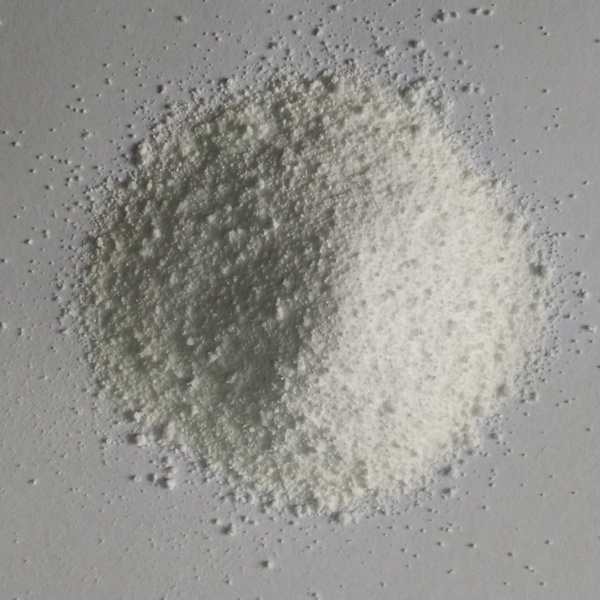
What is Zinc Glycinate?
Zinc glycinate is the smallest essential amino acid, which is a zinc-glycine complex. It proprietary amino acid chelate that has thoroughly reacted and designed for maximum absorption. Zinc is a vital mineral for human health because it performs a variety of catalytic, structural, and regulatory functions in the body. Zinc aids immunity and neurological function, as well as overall development, taste acuity, nutritional metabolism, and reproductive health.
Applications:
»Supports enzymatic reactions and protein metabolism*
» Promotes immunity and reproductive health*
» Supports antioxidant activity*
» Plays a role in sensory perception*
Discussion:
- Being an essential mineral required for the human body. Zinc plays an important role in overall wellness. It is essential for the normal functioning of over 300 enzymes in cellular metabolism.
- Acting as a cofactor in carbohydrate and protein metabolism. Zinc aids the antioxidant activity of copper-zinc superoxide dismutase (CuZnSOD). It regulates T lymphocytes, natural killer cells, CD4 cells, and interleukin II, all of which are critical for immune function.
- According to a research, Zinc supplementation can substantially reduce the morbidity and mortality of seemingly well-nourished children. As well as reduce the amount of time required for recovery from acute health complications.
- Zinc’s important role in protein metabolism translates to wound healing, DNA synthesis, a healthy inflammatory response, and natural growth and development during childhood, adolescence, and pregnancy. Zinc aids in the normal operation of cell membranes and protects them from oxidative damage.
- Research in human subjects of different ages shows that zinc supplementation reduces oxidative stress markers, promotes natural response to inflammation, and tends to be a factor in regulating TH1 and TH2 immune cell function.
- Skin and mucous membranes are both dependent on zinc for their preservation and competence. Zinc and vitamin A have a direct correlation as zinc is necessary for the synthesis of retinol-binding protein.—A protein that carries vitamin A in the blood.
- Zinc ensures proper vision in general, particularly as we age. Zinc’s function in sensory perception relates not only to vision but also to natural taste and smell acuity.
- Zinc is heavily abundant in the liver, pancreas, kidneys, bones, joints, teeth, prostate gland, sperm, skin, hair, and nails. It requires sperm maturation and fetal growth.
Our body does not have a specific mechanism for retaining zinc, so regular intake and absorption are necessary. Since the zinc in a Zinc glycinate product is bound to a single amino acid (glycine). That combines mineral and protein molecule is more readily absorbed than other organic types of zinc.
Glycine is one of the key amino acids in the production of the strong antioxidant glutathione. and it absorbs in all ruminants because of the same. It also forms the smallest amino acid molecule, allowing for easier absorption through the small intestine cell wall. It has much better utilization than zinc sulphate, which needs liver storage and release.






